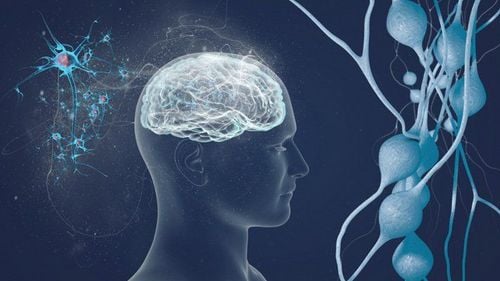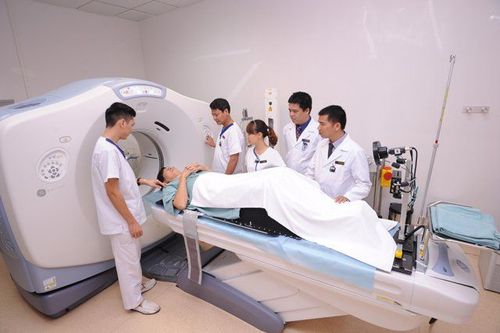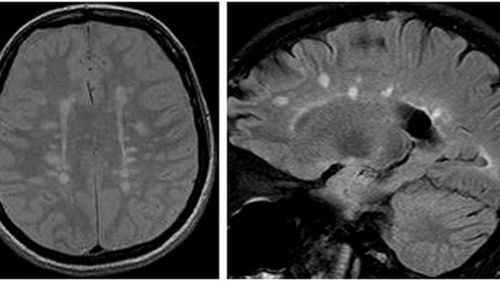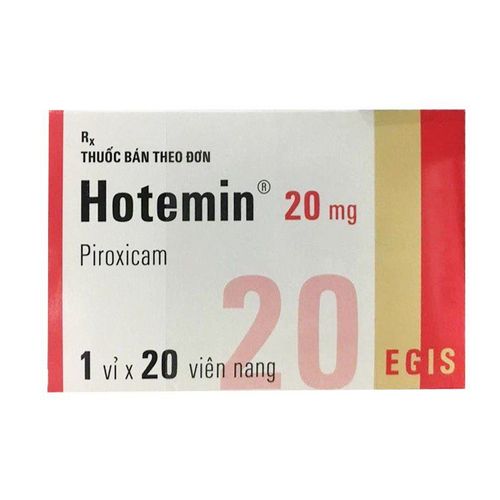This is an automatically translated article.
The article is professionally consulted by Master, Doctor Nguyen Hong Hai - Doctor of Radiology - Department of Diagnostic Imaging and Nuclear Medicine - Vinmec Times City International Hospital
1. What is multiple sclerosis?
Multiple Sclerosis (MS) is a disorder of the brain and spinal cord. Specifically, this is an autoimmune disease where cells of the immune system attack part of the body. When multiple sclerosis is active, the immune system's T cells attack the myelin sheaths that surround nerve fibers in the brain and spinal cord, causing inflammation.
Inflammation of the surrounding myelin sheath damages nerve fibers in the brain and spinal cord and causes various symptoms. At the end of the inflammatory process, the myelin sheath can heal on its own and nerve fibers begin to function again. However, inflammation or repeated episodes of inflammation around the myelin sheath can leave small scars (scleroderma) that cause permanent damage to nerve fibers. In patients with typical multiple sclerosis, multiple sclerosis plaques form and develop in the brain and spinal cord.

2. Brain MRI to diagnose multiple sclerosis
Brain magnetic resonance imaging (MRI) is a very useful method in the diagnosis of multiple sclerosis. An MRI scan can detect small areas of inflammation and scarring in a patient's brain. This is a widely used tool for diagnosis and monitoring of patients with multiple sclerosis. Besides, magnetic resonance imaging is also used to distinguish multiple sclerosis from other inflammatory diseases.
However, an MRI is not always conclusive in multiple sclerosis, especially in the early stages of the disease. Your doctor will need to compare the MRI results with your symptoms and physical examination to make a final conclusion.
Since the introduction of brain MRI in the diagnosis of multiple sclerosis, other tests have been used less often. However, sometimes these techniques are still practiced. These are the techniques of lumbar puncture and measurement of evoked potentials.
Brain MRI is an important technique in the diagnosis of multiple sclerosis. From the doctor's conclusion, the patient will have an appropriate treatment intervention, reducing the risk of complications and disability.

Patients who perform MRI at Vinmec will be supported by the support staff, and the technical staff will clearly guide you on the best operations, procedures, safety issues, ensuring good diagnostic images without any problems. harm the patient.
In particular, now Vinmec has for the first time in Southeast Asia put into use the new 3.0 Tesla Silent magnetic resonance imaging machine from the US manufacturer GE Healthcare.
The machine currently applies the safest and most accurate magnetic resonance imaging technology available today, without using X-rays, non-invasive. In particular, Silent technology is very beneficial for patients who are young children, the elderly, patients with weak health or have just had surgery.
Customers who need to be examined and treated at Vinmec International General Hospital, please register for an online examination on the Website for the best service.
Please dial HOTLINE for more information or register for an appointment HERE. Download MyVinmec app to make appointments faster and to manage your bookings easily.














